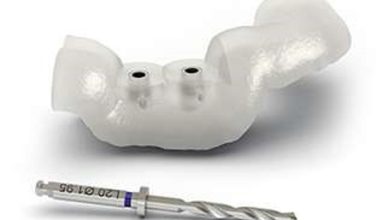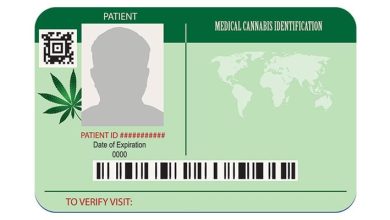How Can RCM Aid in Top-Line Revenue Growth?

Profit margins are narrower than ever for most optometry and ophthalmology offices in an era of diminishing reimbursements, high-deductible health plans, and continual industry problems. Healthcare providers should be able to concentrate on patient care rather than medical billing paperwork and payments. That’s why having end-to-end revenue cycle management (RCM) and medical billing processes in place is critical to running a successful eye care business and preventing revenue loss.
Medical claims rework results in revenue loss
Poor medical billing businesses and RCM practices account for more than 25% of lost practice income on average. The average cost of redoing a claim, according to the Medical Group Management Association (MGMA), is $25 to $30.
According to the American Medical Association (AMA), one out of every five medical claims submitted to health insurance companies is incorrectly processed. According to the AMA, medical billing expenditures can account for up to 14% of a practice’s revenue.
Closing these gaps necessitates paying close attention to patient information, treatment and diagnosis codes, as well as developing billing standards and insurance requirements. Keeping track of all the facts so that your medical claims are submit paid on time is a difficulty for many ophthalmology and optometry practices.
Our RCM specialists at Fast Pay Health by First Insight handle the medical billing headache to ensure constant cash flow and increase claim turn-around time. We do things correctly the first time! In the first 30-45 days, our clients’ net collections grow by more than 90% on average. The following are critical RCM processes that Fast Pay Health suggests every optometrist and ophthalmology office implement in order to get paid faster and boost income.
The Most Important Optometry and Ophthalmology Medical Billing Procedures
Verification of Eligibility and Benefits
A vital initial step is to confirm a patient’s insurance eligibility and benefits. It is critical to verify plan coverage and the amount a patient may owe to ensure demographic and insurance data is correct.
Provider Credentialing
The top RCM companies streamline the credentialing process by analyzing evidence to identify the provider’s participation status in the health plan, then filing and tracking provider credentialing applications in accordance with insurance plan standards.
Medical Coding
Keeping up with billing rules and laws takes time. Certified medical coders comprehend anatomy and physiology, disease processes, and clinical procedures for all healthcare professions, allowing them to apply the appropriate billing codes and modifiers to medical claims.
Furthermore, when you outsource your medical billing and RCM services, you don’t have to worry about employee vacations, unplanned sick days, attrition, or costly re-training. “We spend less for Fast Pay Health than we do for a full-time staff member’s wages, workers compensation, and benefits.
Charge Entry and Patient Demographics
A competent RCM solution alleviates the stress of recording accurate patient information prior to filing insurance claims. Accurate charge entry is critical to maximizing reimbursements, reducing payment denials, and increasing profitability in your business.
Claims can be submit electronically or on paper
While every practice will face claim rejections and denials, learning how to avoid those rejections in the first place is the most effective cleansing option for receiving revenue faster. We ensure that your medical claims are clean and error-free before submitting them to insurance companies, resulting in a continuous and positive income flow for your clinic.
Posting of Insurance Payments Every Day
You can switch the balance to secondary insurance and bill significantly faster if you post remits within 24-48 hours. Fast Pay Health posts payments received via Electronic Remittance Advice (ERA) and conventional paper Explanation of Benefits (EOB) immediately into your practice management system, ensuring that your accounts are correct and up to date.
Filing of Secondary Claims
You may encounter timely filing denials if a patient has supplementary insurance. Many payers demand you to bill a secondary carrier within a certain amount of time after receiving the first payment. If there was a balance left for the patient to pay, collecting payment becomes progressively difficult the longer it has been since the patient’s visit.
Auditing of Medical Claims
Proactive medical claim audits help to avoid reimbursement delays and are an important component of benefit cost control. Audits will assist you in determining which RCM processes require upgrades and corrections in order to improve your practice’s financial health.
Management of Denied and Rejected Claims
It takes time to investigate unpaid or denied claims. When a claim is refuse or reject, insurers must establish a deadline for contesting the denial. To improve your cash flow, analyses all rejected or denied claims as soon as feasible and make any necessary adjustments.
Our Fast Pay Health billers frequently see claims rejected for one or more of the following reasons: incorrect insurance information, incorrect member ID numbers, incorrect insured information, and the patient isn’t eligible on the date of service. Fast Pay Health analyses all unpaid claims and EOBs and takes the required measures to correct and reprocess rejected claims in order to recover the highest possible payment.
Business Intelligence
Comprehensive financial and performance reports examine business trends, activities, and results over time. Analytics provide insight into business tactics that will help you advance your practice and improve your financial performance.




